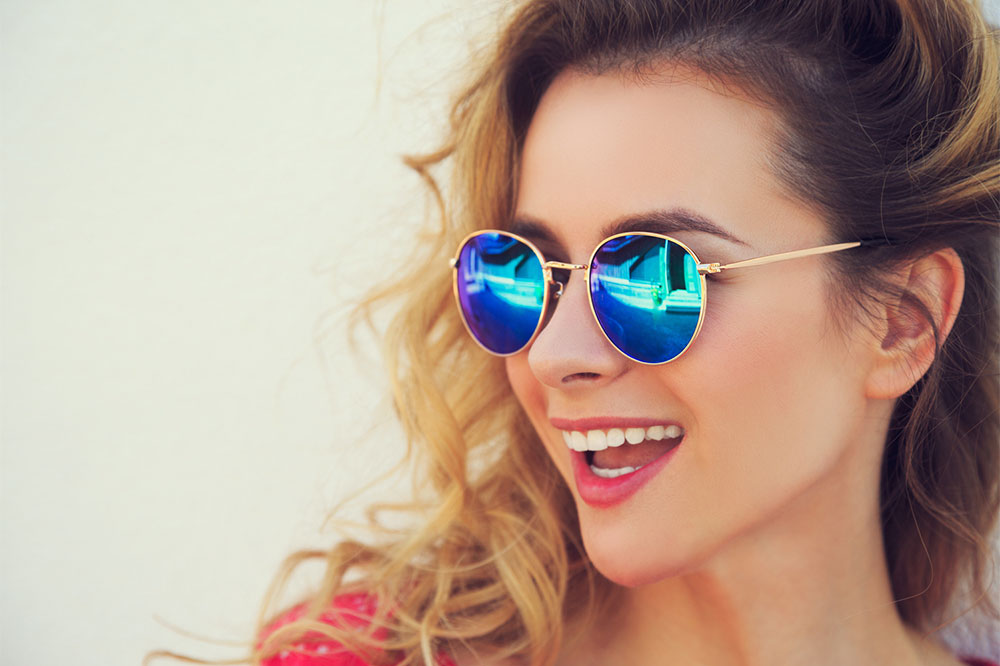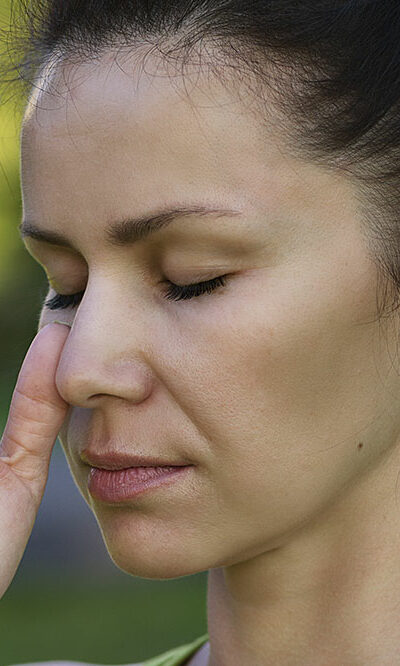10 myths about sunglasses that could damage your vision

Did you know that excessive exposure to harsh sun rays can aggravate the risk of eye diseases? However, the prevention is very straightforward. You can wear sunglasses, which block at least 99 to 100 percent of UVB and UVA radiation. However, there are several myths associated with eye health and sunglasses. So, today, we have taken it on ourselves to debunk the common myths about sunglasses, which may damage your eye health. Let’s address them below.
Expensive shades are better
A higher price tag is not indicative of a sunglass’s ability to shield you against harmful UVA and UVB rays. At times, even some affordable sunglasses can do a good enough job at offering good eye protection. So, before checking the price tag, read through the packaging label. It is good to go if it clearly states that the sunglasses can block 100 percent UVA and UVB rays, regardless of the price tag. Oakley has some of the best options you can try.
Sunglasses are only for sunny days
UV light can easily penetrate through the haze and the clouds. Irrespective of the season, you must wear sunglasses. Excessive sun exposure puts you at risk of cancer, cataracts, and growth in the eye. Sun reflecting off snow and ice may result in photokeratitis, a painful condition often called snow blindness.
Children do not need sunglasses as much as adults
On average, children are exposed to three times more sunlight than adults. Hence, their susceptibility to UV eye damage is higher. Moreover, unlike the adult eye’s ocular lens, the child’s immature lens fails to filter the UV light easily, and there is a greater need for children to wear sunglasses. Unfortunately, finding the youth’s sunglasses tested for UV protection is challenging. So, parents must always get their child’s sunglasses tested for UV protection before kids wear them. You can rely on Oakley’s kids’ sunglasses to protect their eyes from UV rays.
Lens color makes a difference in blocking UV rays
Lens color has absolutely nothing to do with blocking the UV rays. In fact, the lens material and the lens treatment decide the UV protection degree. Thus, it implies that dark gray lenses will work just as well as yellow lenses to ensure UV protection. However, the lens color choice is pivotal for the contrast levels, especially when playing a sport. A lens that can increase contrast levels can make it easier to see golf or softball.
People with photochromic lenses do not need sunglasses
Even though transition lenses are great, they do not work well in situations like driving. Because the photochromic lenses do not change behind a windshield, they cannot replace sunglasses. So, people with transition lenses must also own a pair of prescription sunglasses for a clearer and safer driving experience.
All sunglasses provide 100 percent UV protection these days
A genuine pair of shades will indeed offer some grade of protection, but that may not always be 100 percent. So, before shopping, read through the label to ensure whether you are receiving 100% or only partial protection. These days there is a high prevalence of dupes. So, there is a good chance that you may find sunglasses that look like bona fide ones but are not authentic. Even if they have impressive names like polarized glasses or sun blockers, do not fall for them if it does not assure 100 percent UV protection.
Size does not matter
Did you know that larger lenses and wraparound frames shield your eyes better against harmful UV rays than standard-sized lenses? Naturally, the larger the lens, the better job it does at blocking the sunlight. The bigger glasses tend to keep the UV rays at bay from all the different sides of the eyes. So, when you shop for a new pair, you must always consider its size.
Polarized lenses do a better job at sun protection
It is false because polarized sunglasses do not do anything extra to block more radiation. Of course, they do an excellent job at cutting down the glare reflecting off the pavement, water, or cars, making activities like fishing, boating, and driving more enjoyable, but that is about it.
Sunglasses can expire
As far as the sunglass’ ability to offer UV protection goes, there is no expiration date. So, regular wear and tear do not hamper the sunglass’ UV protection value. But, scratches or damage to the sunglasses could end up impairing the vision quality and be distracting enough to cause headache or eye strain if left unattended.
Sunglasses labels are 100% accurate
Unfortunately, this is not true. However, we do not say that you should not trust the labels, but if in doubt, you must stick to the sunglasses sold from a reputed source by a recognized manufacturer.
Bottom line
We believe that addressing these myths can help you eliminate every possible excuse for not picking sunglasses with UVA or UVB protection. Now that you have established how vital sunglasses are to shield your eyes from the harmful UV rays, you can leave aside these myths and pick the best shades that suit your eyes better.







